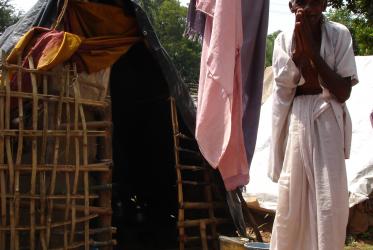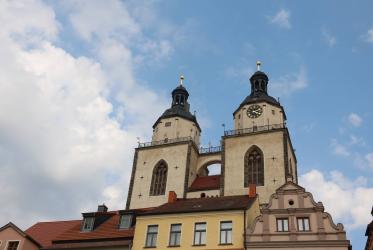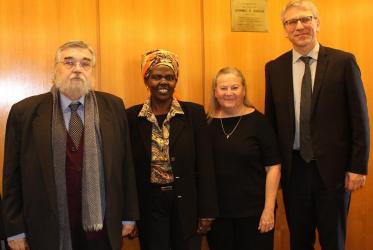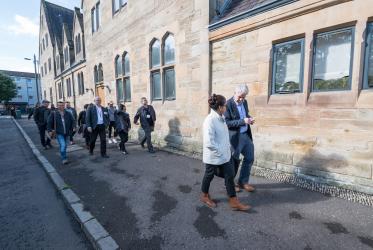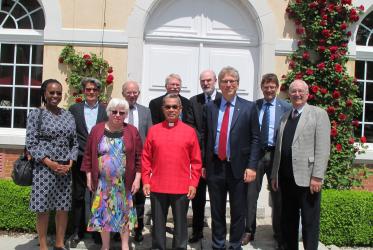Displaying 61 - 80 of 87
#WCC70: Remembering Orissa
11 January 2018
In Escalade race, “Pilgrims” find meaning running
04 December 2017
“What can we contribute as a worldwide fellowship?”
06 March 2017
Religious leaders of many faiths talk peace in Assisi
21 September 2016
Pilgrimage and youth
28 June 2016
WCC Central Committee convenes in Trondheim, Norway
22 June 2016
Winners of WCC photo contest announced
09 May 2016
Panel discussion fields ideas on European identity
26 April 2016
Common prayer in Geneva responds to acts of violence
16 November 2015
WCC more united in the pilgrimage of justice and peace
13 November 2015
Global Christian leaders concerned for persecuted Christians
09 November 2015
